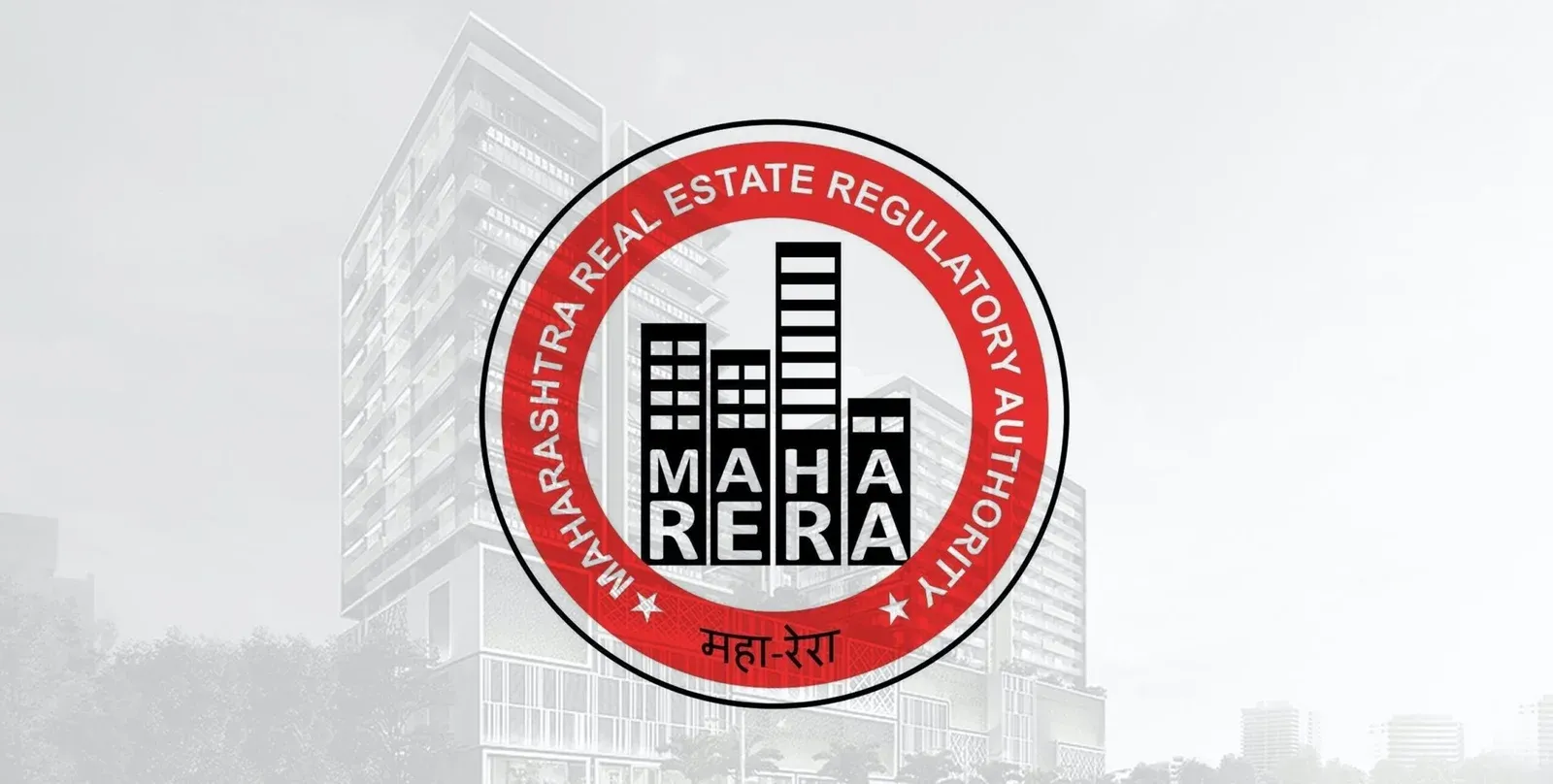What is MahaRERA registered projects? How it Benefits property investors.

What is MahaRERA registered projects? How it Benefits property investors.
Introduction :
The Real Estate Regulatory Authority, or RERA, was established by the RERA Act in 2016. (Real Estate Regulation & Development Act).
The establishment of a real estate transaction regulator in India was to restore buyer confidence in the real estate industry.
RERA requires all states to establish a regulatory authority to deal with difficulties stemming from real estate transactions. All of this Act's sections become operative in Maharashtra on May 1, 2017. For the purpose of regulating and promoting the real estate sector, the State established MahaRERA (Maharashtra Real Estate Regulatory Authority) in March 2017.
Because MahaRERA applies to the entire state, all active commercial and residential developments must be registered with the real estate authority. Developers or promoters in the state are not permitted to sell, book, or promote their projects unless they are registered with MahaRERA and comply with its requirements. Further, this Act promotes property sales transparency in the real estate sector. Consumers are no longer controlled by builders and developers, and they may now use the Act to express their objections and concerns about housing projects. Certainly, The RERA, which can also be called “the voice of real estate investors” has demonstrated great proficiency in enforcing the requirements of the Act. So far, the state has completed over 18,000 applications, accounting for more than 60% of all RERA applications in India. Furthermore, MahaRERA addressed over 2,387 complaints in the previous year.
What benefits has MahaRERA provided to investors?
Maharashtra is the first state to implement RERA fully. The formation of the real estate regulator was designed to ensure responsibility to property buyers and safeguard their rights, increase transaction transparency, eliminate project handover delays, establish a fast-track dispute process, and promote investor trust in the real estate market.
The RERA Act in Maharashtra covers the following functions :
- Individuals can see projects online to learn about the progress of their development and the estimated completion date.
- Make the purchasing of land, residences, and structures as transparent as possible.
- MahaRERA has also moved the registration and fee payment procedure online, and you can view the number of projects registered and licences granted, as well as complaints submitted and addressed, on the website.
- The MahaRERA Conciliation and Dispute Resolution Forum is to promote amicable dispute resolution, which spares parties and the state the expense and time of court proceedings.
The following people must register a real estate project in Maharashtra with the relevant authorities, in accordance with the RERA Act:
- Anyone who develops land into a project with the intention of selling it to others.
- Any plots that the development authority owns and plans to sell.
- A cooperative housing financing society at the state level and a primitive cooperative housing society that creates apartments or buildings for its members or allottees.
- Any person who works as a builder, coloniser, contractor, developer, estate developer, or by any other name, or claims to be operating on behalf of the landlord of the property on which the building or apartment is built or plot is developed for sale.
Why should I utilise RERA?
- One of the primary advantages of RERA is that builders cannot charge purchasers for both the built-up and super built-up areas. This essentially means that buyers must only pay for the carpet area of the property they purchase, — in other words the space between the walls. Builders cannot charge customers for the super built-up area, which is the area covered by external walls and includes things like the elevator, staircase, lobby, balcony, and other such shared spaces.
- Builders must disclose clear title to the land and project. If a fault in the title of property is discovered, you may seek compensation, with no upper limit on the amount of compensation.
- If you make an advance payment for a project based on misleading information provided in a prospectus or advertisement, you have the right to request a refund. If you wish to continue with the project, the builder must pay a penalty of up to 5% of the cost of the property.
- If the builder fails to complete or is unable to provide possession on time, they are obligated to pay the full money given by you if you desire to terminate the agreement. However, if you desire to remain in the arrangement, the promoter must pay interest for each month of delay until you gain ownership.
- Every real estate agent must now register with RERA before selling or promoting any property, and he must follow all regulations, such as keeping books and records, not engaging in unfair trade practises, and not making any misleading statements, either verbal or written. Investors can now discern if the agent they are dealing with is trustworthy or not.
Conclusion :
RERA is an act put in place to protect benefit both the builders and the investors.
For a long period, the real estate industry was unregulated and dominated by builders and developers. Home buyers must shoulder the cost of everything from delayed possession to a large loss due to project cancellation. But with the introduction of RERA, real estate investments are not as daunting as they were before. It is essentially a win-win situation for both investors and builders.
Why Brickfolio is a trusted site for you to find your ideal investment?
We at Brickfolio understand investor’s concerns. We have partnered with reputable builders who have MahaRERA approved projects, so you can be confident that you are selecting from the safest and best Pune has to offer.